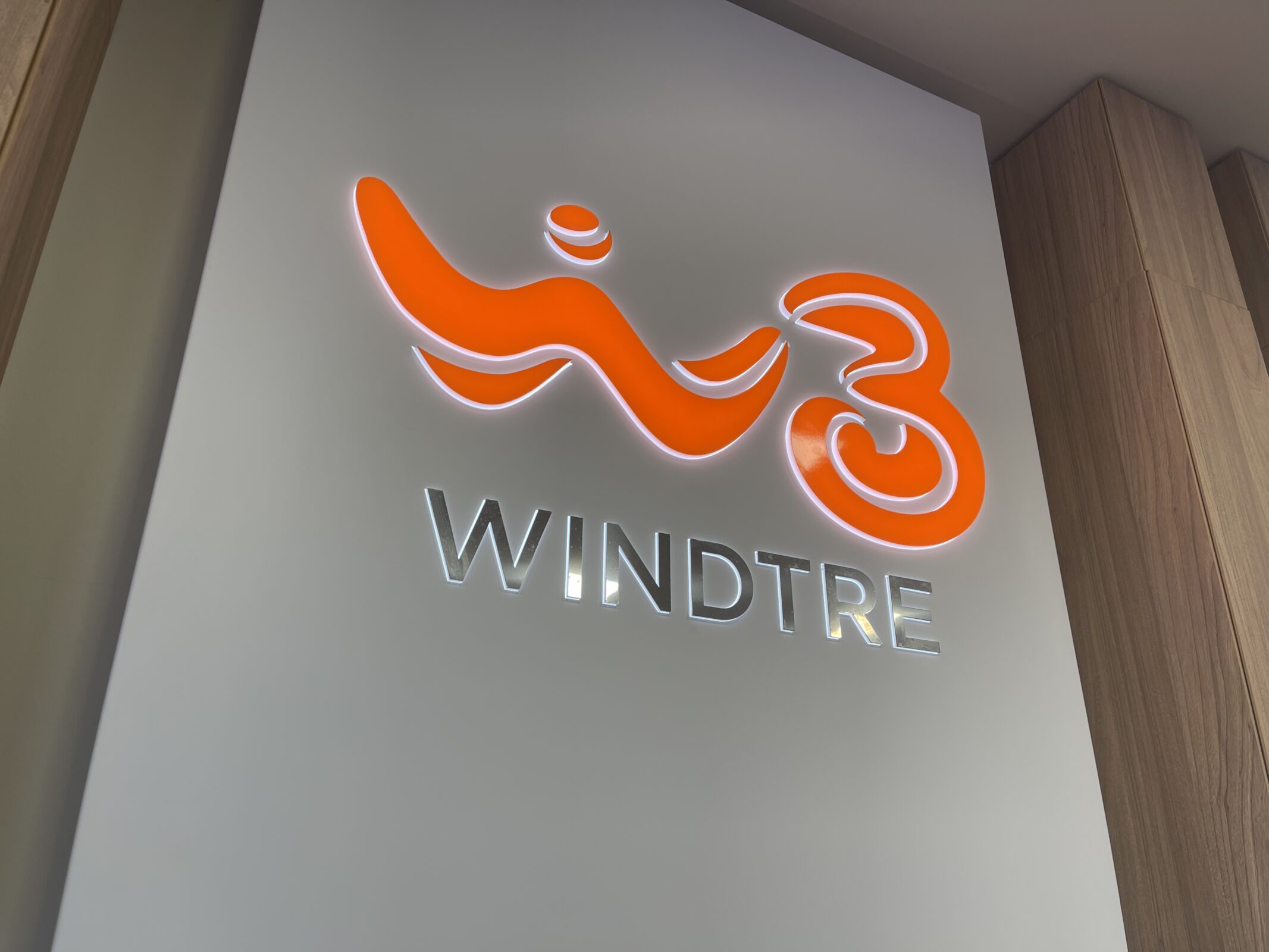The 2023 edition of the I-Com report with WINDTRE: on simplifications better than in 2022, but critical issues still remain on the authorization procedures
Improve the impact of measures by regulatory simplification in support of infrastructural development in Italy, but obstacles remain for the construction of new works in the territories and the deadlines established by law for the issue of authorizations are still frequently exceeded.
These are some of the most relevant findings of the study “From Nimby to Pimby: building infrastructure in Italy”, created by I-Com, the Italian Institute for Competitiveness, and presented during the first round table of 2023 of the Futur#Lab, the Innovation Laboratory designed by the think tank in collaboration with WINDTRE and created in partnership with Join Group, Ericsson and Inwit.
The report updates the assessment carried out for the first time in 2022 on the impact of 15 simplification measures. Compared to last year, 13 measures have been taken into consideration (some innovations have in the meantime been superseded or merged) and of these 5 are still critical (there were 9 in the 2022 report).
In detail, 3 measures out of 6 in the infrastructure of the fixed network are still present unresolved critical issues (in particular, relating to the difficulties of using the micro-trenches, the conference of services and the prohibition to impose further charges). As regards the rules aimed at simplifying the infrastructure of the mobile network, the critical issues now concern 2 innovations out of 7, while two others appear to have been partially resolved.
From the answers of the companies to the survey conducted by I-Com, it emerges that the persistence of still unresolved critical issues and margins of progress does not concern the formulation of the general rules but rather their application and harmonization with the territorial ones adopted by the local administrations which are involved in the authorization procedures for various reasons . This reduces the potential benefit of simplification interventions and lengthens the construction times of the works: in fact, the majority of operators declare that they frequently exceed the terms established by law for the issue of authorisations.
Among the proposals for overcoming the critical issues and guaranteeing uniformity of application of the discipline throughout the national territory and promoting cooperation tools between operators and local authorities, the report suggests undertaking initiatives training aimed at local administrators through ANCI (National Association of Italian Municipalities) e UNCEM (Union of Municipalities, Communities, Mountain Authorities), as well as to carry out a monitoring of the authorization procedures opened for the various infrastructures and plants, in order to increase the level of inter-institutional and public-private collaboration, as well as the capacity of the single administrations, both national and locals.
